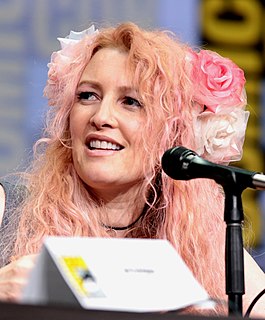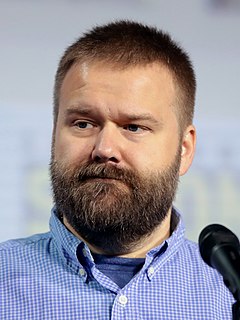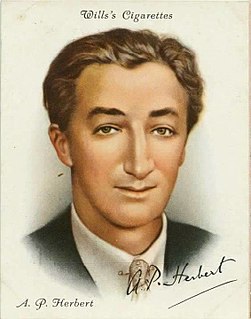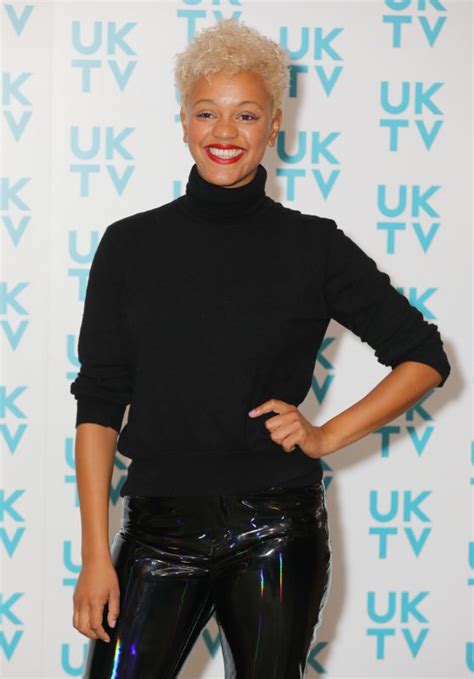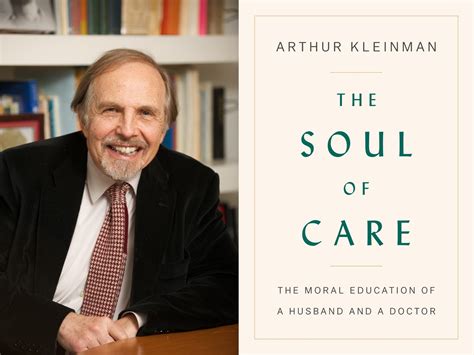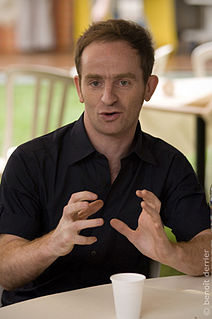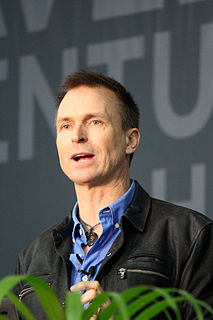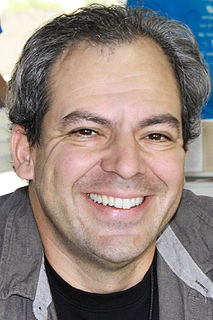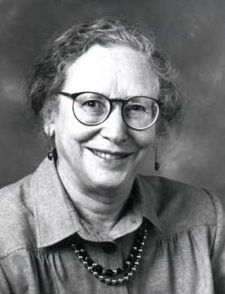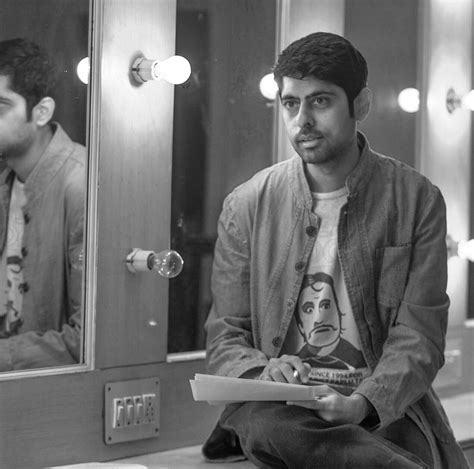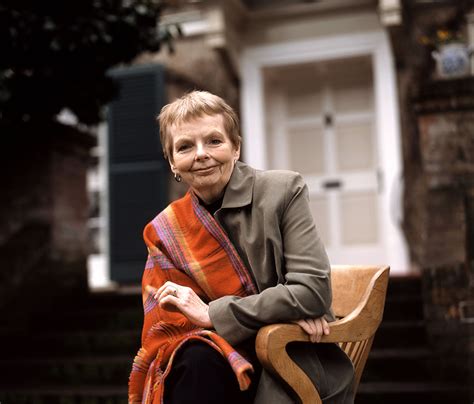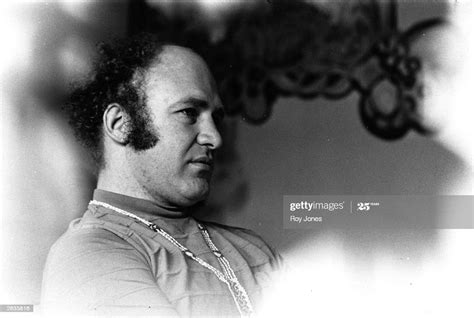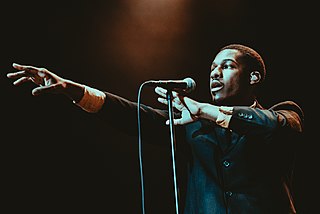Top 1200 Inventing Stories Quotes & Sayings - Page 20
Explore popular Inventing Stories quotes.
Last updated on April 20, 2025.
I think that comics and television, as mediums, go hand in hand. Both tell long-form, continuing stories that are parsed out into little chapters and, if are successful, continue for years and years. What that means to me, as a writer, is it tells stories of transformation and evolution as characters.
Citizens who take it upon themselves to do unusual actions which attract the attention of the police should be careful to bring these actions into one of the recognized categories of crimes and offences, for it is intolerable that the police should be put to the pains of inventing reasons for finding them undesirable.
You know, when I was in love, I was always inventing things. A whole array of tricks, illusions and optical effects to amuse my lady friend. I think she'd had enough of my inventions by the end... I wanted to create a voyage to the moon just for her, but what I should have given her was a real journey on earth.
I can actually get involved in getting stories off the ground that no one would ask me to be in because I'm the wrong age, the wrong sex, the wrong nationality, or whatever. I've found it quite exhilarating to have that freedom to tell the stories that aren't just about middle-aged white English guys.
I think - since I was about 7 years old - that was when I was first introduced to the comics called 'Amar Chitra Katha' that are published in India. They're not about a superhero, but they encompass all the stories of India, the folklore, the mythology, everything. But most of these stories are about Indian historical figures.
For many years now I have listened to the stories of people with cancer and other life-threatening illnesses as their counselor. From them I have learned how to enjoy the minute particulars of life once again, the grace of a hot cup of coffee, the presence of a friend, the blessing of having a new cake of soap or an hour without pain. Such humble experience is the stuff that many of the very best stories are made of. If we think we have no stories it is because we have not paid enough attention to our lives. Most of us live lives that are far richer and more meaningful than we appreciate.
Science, incidentally, not only ignores the question of indwelling 'essences' by looking instead at measurable relationships, but science also does not agree that knowledge is obtained through Rothbard's Medieval 'investigation by a reason,' i.e., by inventing definitions and then deducing what your definitions implicitly assumed.
I had the privilege of hearing incredibly brave women standing up to tell their stories - harrowing stories that reduced many of us listeners to tears. But with each story, the taboo around domestic abuse weakens and the silence that surrounds it is broken, so other sufferers can know that there is hope for them and they are not alone.
the association of children and fairy-stories is an accident of our domestic history. Fairy-stories have in the modern lettered world been relegated to the “nursery,” as shabby or old-fashioned furniture is relegated to the play-room, primarily because the adults do not want it, and do not mind if it is misused.
Today's biggest headlines are stories about people who thought they were doing something that was secret: Jesse Jackson's secret girlfriend and child, Monica Lewinski's private meetings with the president and confidential girl talk with Linda Tripp. Just think of the news stories we've watched on television.
What's neat about TV is you get really rich, an opportunity to tell really rich stories over the course of 20 hours. Film is cool because it's an hour and a half to two hours. You go on an adventure and by the end it's all cleaned up. Maybe in a franchise you have three chapters of a great story but in TV you can really get deep. You have more time to tell stories so I would definitely not rule out doing television in the future because I think it's a great medium for telling stories.
Using the HTTP protocol, computer scientists around the world began making the Internet easier to navigate by inventing point-and-click browsers. One browser in particular, called Mosaic, created in 1993 at the University of Illinois, would help popularize the Web, and therefore the Net, as no software tool had yet done.
There are recurring elements in popularized fairy tales, such as absent parents, some sort of struggle, a transformation, and a marriage. If you look at a range of stories, you find many stories about marriage, sexual initiation, abandonment. The plots often revolve around what to me seem to be elemental fears and desires.
The thing I think I have learned from Wittgenstein is the importance of not making things up: philosophers should not invent problems, and they should also be conscious of the risk of inventing pointless 'technical' machinery which do not offer real explanations, but often just re-state the known facts in a more complex way.
I think it's really important to champion stories from trans women and trans women of color. That demographic has gone unheard and unsupported for so long, and it's really the community that's struck the hardest by a lot of issues. I try to do a lot of work to champion trans feminine issues and stories, but that said, I do have a personal and deep investment in seeing trans masculine stories reflected in culture. It is a little disappointing to me that trans men and trans masculine people have not really been part of this media movement that we're experiencing right now.
It's the arrangement of events which makes the stories. It's throwing away, compressing, underlining. Hindsight can give structure to anything, but you have to be able to see it. Breathing, waking and sleeping: our lives are steamed and shaped into stories. Knowing that is what keeps me from going insane, and though I don't like to admit it, sometimes it's the only thing.
Vividly imagined, beautifully written, at times almost unbearably suspenseful-the stories in Kristiana Kahakauwila's debut collection, This Is Paradise, are boldly inventive in their exploration of the tenuous nature of human relations. These are poignant stories of 'paradise'-Hawai'i-with all that 'paradise' entails of the transience of sensuous beauty.
For whatever reason, thus far it's been important to me not to write that kind of collection. Which means that I've spent months playing tic-tac-notecard, trying to get the stories in an order whereby stories that are similar in any given way (diction, narrative stance, setting, plot) are separated by others that aren't.
